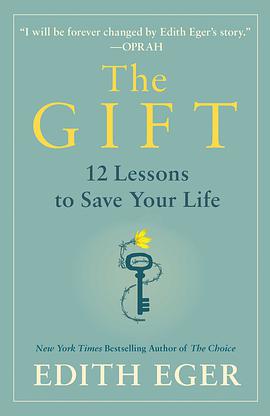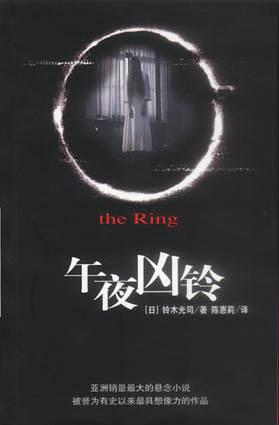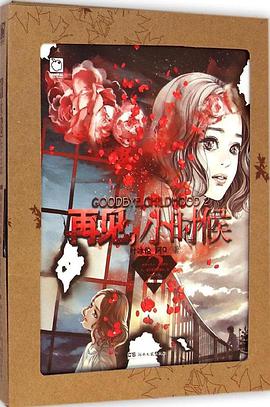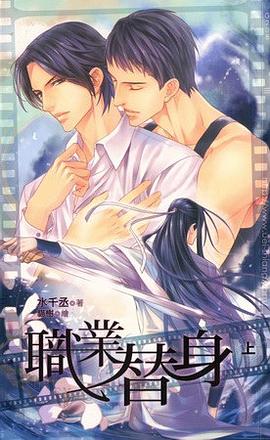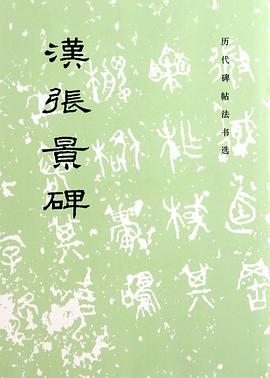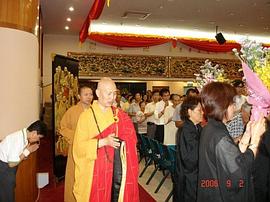The Gift
内容简介
This practical and inspirational guide to healing from the award-winning, New York Times bestselling author of The Choice shows us how to stop destructive patterns and imprisoning thoughts to find freedom and enjoy life.
Edith Eger’s powerful first book The Choice told the story of her survival in the concentration camps, her escape, healing, and journey to freedom. Oprah Winfrey says, “I will be forever changed by Dr. Eger’s story.” Thousands of people around the world have written to Eger to tell her how The Choice moved them and inspired them to confront their own past and try to heal their pain; and to ask her to write another, more “how-to” book. Now, in The Gift, Eger expands on her message of healing and provides a hands-on guide that gently encourages us to change the thoughts and behaviors that may be keeping us imprisoned in the past.
Eger explains that the worst prison she experienced is not the prison that Nazis put her in but the one she created for herself, the prison within her own mind. She describes the twelve most pervasive imprisoning beliefs she has known—including fear, grief, anger, secrets, stress, guilt, shame, and avoidance—and the tools she has discovered to deal with these universal challenges. Accompanied by stories from Eger’s own life and the lives of her patients each chapter includes thought-provoking questions and takeaways, such as:
-Would you like to be married to you?
-Are you evolving or revolving?
-You can’t heal what you can’t feel.
Filled with empathy, insight, and humor, The Gift captures the vulnerability and common challenges we all face and provides encouragement and advice for breaking out of our personal prisons to find healing and enjoy life.1
......(更多)
作者简介
A native of Hungary, Edith Eger was a teenager when she and her family were sent to Auschwitz.
Despite overwhelming odds, Edith survived the Holocaust and emigrated with her husband and young daughter to America where she raised a family, earned a Ph.D., and practiced psychology. She spent decades hiding from her past, struggling with flashback and survivors guilt. 35 years after World War II ended, Edith returned to Auschwitz and was finally able to heal and forgive herself. Today she maintains a busy clinical practice and helps others heal.
......(更多)
目录
......(更多)
读书文摘
我们不仅要把握这些社会中的观念与规则,还要了解人、群体以及他们的行动。我们观察大众与体系,就如同观察自动运转的机械,如同观察海洋中的章鱼和海葵。我们会看到为数众多的人、运动着的力,并看到人和力在其境界与情感中流动。
根据《礼物》,劳动者为社会奉献了一生,社会不能在他们拿到薪水之后就算结清账目了;劳动者在年老或失业之后,社会仍要于他们体面的生活。由此,莫斯否定了当时建立社会政策所基于的慈善原则。
我们无法选择发生在自己身上的事情,但可以选择如何对自己的经历进行回应。
苦难是人生的常态,而受害者心态则可以选择。 Suffering is universal. But victimhood is optional.
......(更多)
